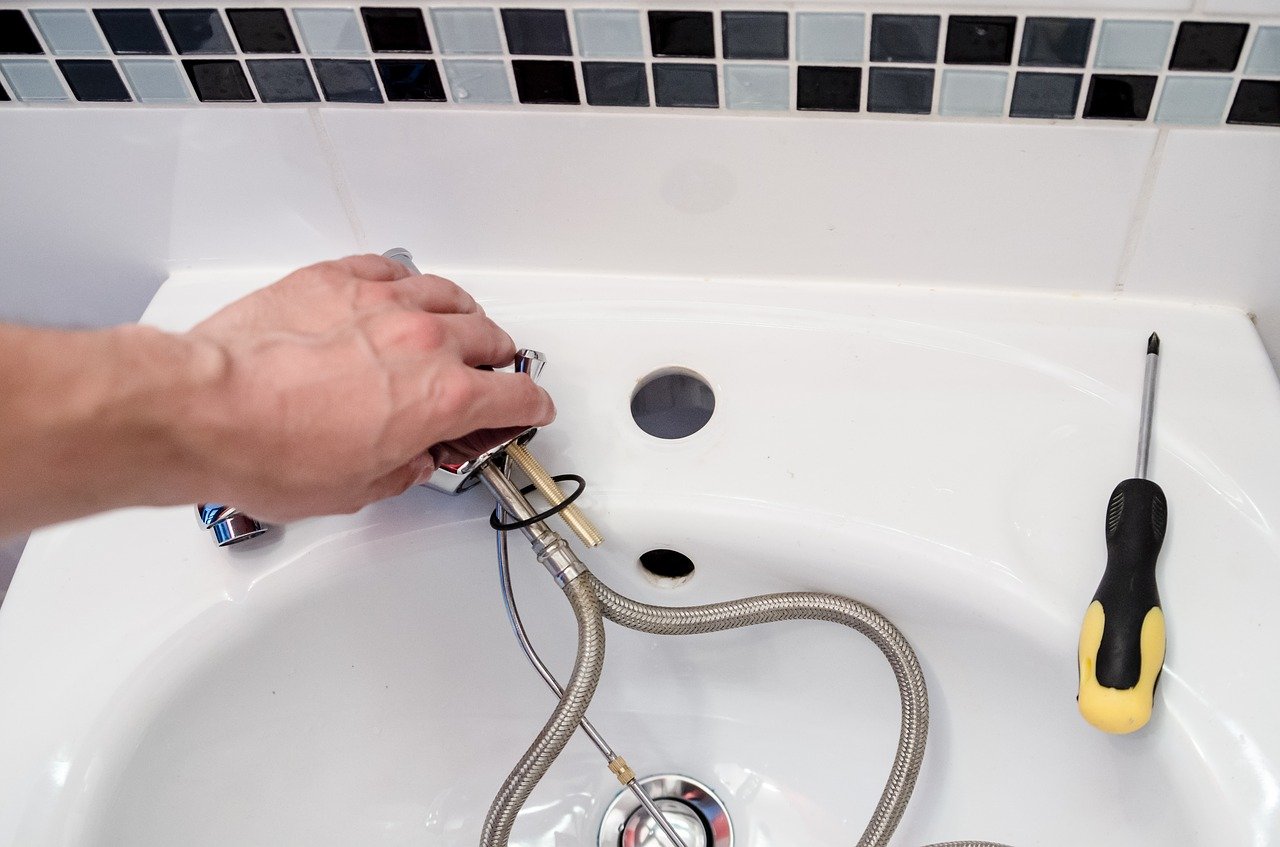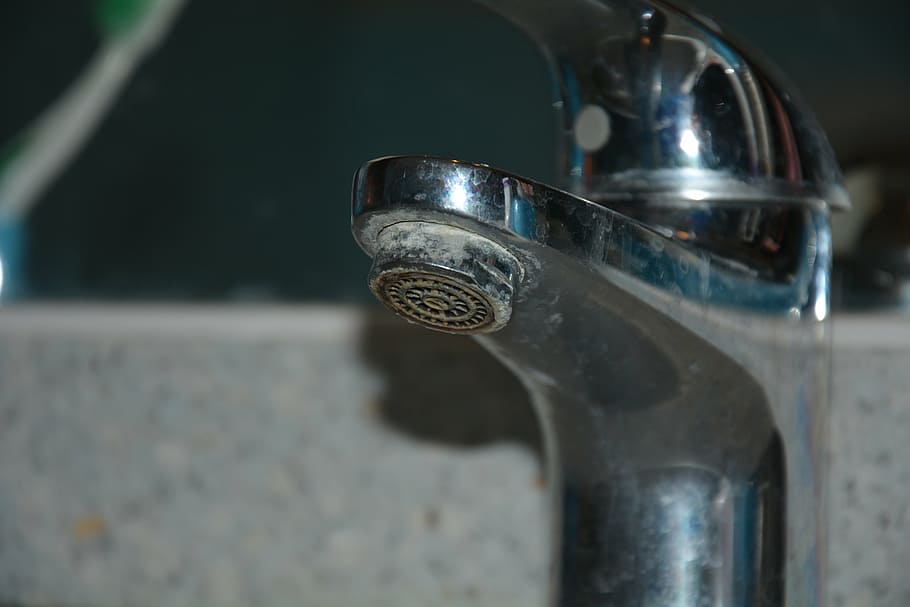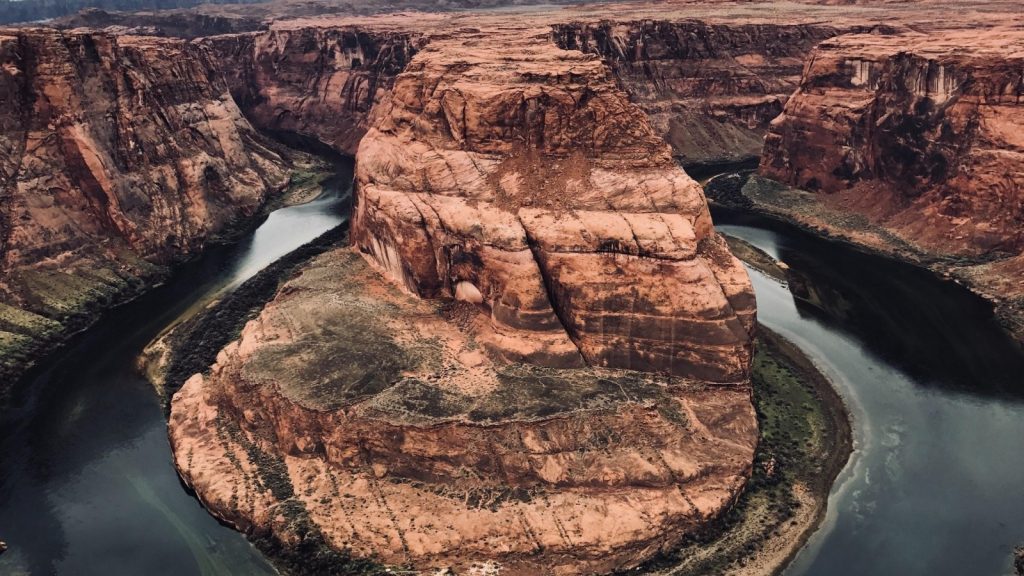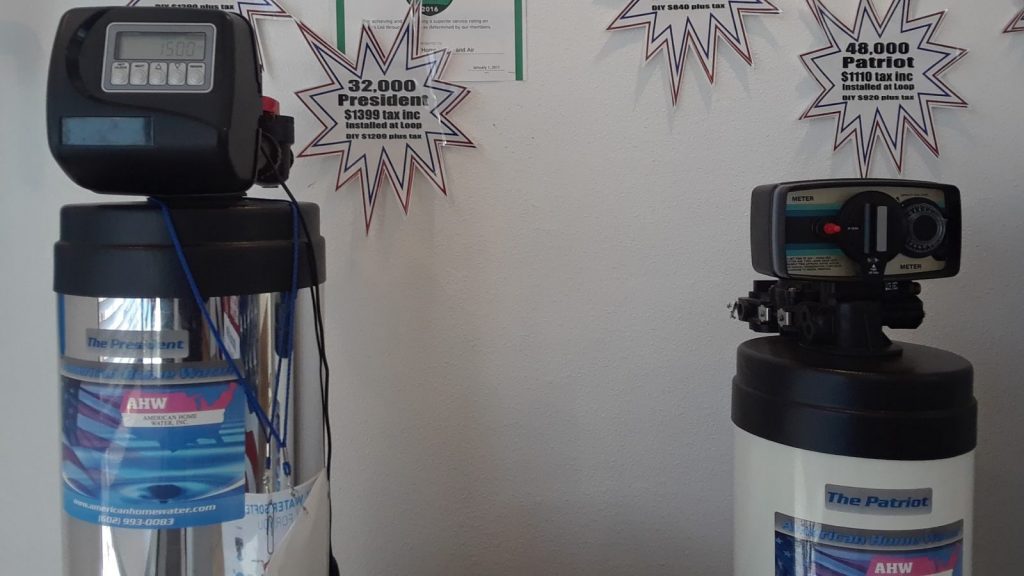So many professionals promise more and deliver less. Therefore, we took it upon ourselves to come up with a guide on how to choose the best Phoenix water softener company.
Water softeners come in all shapes and sizes. Some are high quality, and some are low-grade.
Choosing the right water softener company for all your water treatment services will guarantee you a high-quality water softening system.
What to look for when choosing a water softener company in Phoenix

Licensing and certification
How else will you if the water softener company is up to the task?
When asking for the price quotation, don’t be afraid to enquire about their license and experience.
You’ll also need to check whether or not the water softeners they sell are certified.
Look for certifications from reputable organizations like the Water Quality Association (Look for the WQA Gold Seal).
Customer reviews
How do they treat their clients? Do they deliver on their promises?
A water softener company with a lot of negative reviews is a bad idea. Understanding how the company operates will smoothen a lot of things in the future, especially when it comes to their customer care and support.
Their aftercare services
Will they stay by your side post-installation? Are there any hidden costs and charges you should be aware of?
Ask them what they charge for their maintenance services and how they go about servicing installed water treatment and softening systems. Good companies are transparent about this.
The quotation
Before you go hunting for a water softener company in Phoenix, research how much it would roughly cost you to install a water softener.
Next, ask for price quotations from several water softener companies and see who is reasonable with their pricing.
Be wary of very cheap services (they’re more likely to be of low quality). Instead, go for a water softener company that is affordable and satisfies all the other factors we’ve mentioned.
Continue reading to understand more about water hardness and water softeners.
That way, unscrupulous water softener companies will not be able to take advantage of your lack of knowledge on this subject.
What is hard water?
For those who are new to this, hard water is water with a high concentration of magnesium and calcium ions.
In case you didn’t know, we have a critical hard water problem here in Phoenix, Arizona.
Indeed, we can say that the water over here is significantly harder than the water in the surrounding areas.
The level of hardness of household water in Phoenix is around 210 to 350 Parts Per Million. On the water hardness scale, that’s “very hard water.”
Is hard water suitable for household use?
Hard water is indeed recommended for garden use. In addition to that, it’s also a rich reservoir for natural minerals and elements that are good for our bodies.
However, despite hard water having those few benefits, it’s still not good for household use.
Why?
Hard water isn’t good for our skin and hair. In addition to that, hard water will destroy your home.
Why is hard water not recommended for household use?
As mentioned earlier, hard water is rich in mineral ions such as magnesium and calcium.
The calcium and carbonate ions present in hard water are building blocks of a nasty substance called Limescale.
Limescale is a chalky, white, and at times, light brown substance that can wreck a home.
You must have come across this substance if you live in Phoenix, use tap water, and yet install a water treatment and softening system.
Limescale is found on and around water zones like bathroom tiles, faucets, and showerheads.
Look inside your kettle or water heater, and you’ll spot a “dirty layer” on top of the appliance’s inner walls. That substance is limescale.
Did you know that a layer of limescale will decrease your water heater’s efficiency by 50%?
In addition to that, limescale will cost you a lot in terms of electricity bills.
Have you been struggling with dry hair and skin for some time now?
Then, hard water might be your culprit. The minerals in hard water will not only tamper with your skin’s pH levels, but they’ll also suck the moisture from your skin and hair.
So, what is the solution to all these problems?
Soft water—it’s the only way you can stay away from the negative side effects of the “very hard water” in Phoenix.
Soft water and water softeners
Soft water is the opposite of hard water. It’s water that has little to no magnesium or calcium ions. Therefore, it’s incapable of forming Limescale deposits. Also, it’s the most recommended water for household use in Phoenix.
Water softeners are the systems responsible for the removal of the dissolved mineral ions. They can soften hard water and make it usable in and around your home.
Most water softeners use the Ion exchange process to remove the dissolved mineral ions. However, there are many other types of water softeners in the market.
Salt water softeners
Salt water softeners are the most common type of water softeners. They soften hard water through the ion exchange process.
The ion exchange process involves passing hard water through resin beads. In the resin beads, the calcium and magnesium ions are replaced by sodium ions.
The amount of sodium added to your tap water by salt water softeners is extremely small. Therefore, soft water is safe to drink.
Nevertheless, we’d advise you to go for salt-free water softeners if your doctor sternly advises you to watch your sodium intake.
Salt-free water softeners
Technically speaking, these aren’t water softeners. They’re more of descalers and only work to breakdown the already formed Limescale.
Unlike water softeners that change the chemical composition of water to prevent Limescale formation, descalers introduce charged particles into your water.
The charged particles then break down the limescale buildup in your plumbing system. Salt-free water softeners use Potassium-Chloride instead of Sodium salts.
Sure, salt-free water softeners, a.k.a descalers, would be a good option if the water hardness was moderate or slightly hard.
However, for very hard water (like the kind we have here in Phoenix), salt-free water softeners are ineffective.
[related_posts_by_tax posts_per_page="3" format="thumbnails" image_size="medium"]









